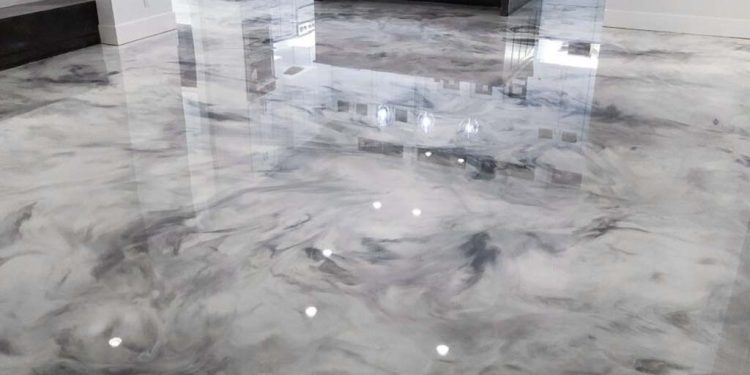If you’re getting ready to build your home or office in Dubai, there are many questions that you’ll have to ask yourself, but one of the most important will be whether or not you should use raised flooring. Raised flooring services in dubai can be beneficial, as they provide many functions and features that ordinary floors don’t include, and are far superior to the alternative in many ways. In this article, we’ll go over everything you need to know about raised flooring services in dubai and what they can do for your new home or office.
The Complete Guide to Choosing a Service Provider
A good way to start your search is by asking friends, family and coworkers who have experienced a similar project, such as installing raised flooring in their homes or businesses. If they can’t recommend someone, ask them how they went about choosing a provider. Was it through a recommendation? From an ad in a local publication? By word of mouth from another friend or business owner? Any of these avenues could lead you to potential candidates that could be worth further investigating. Make sure you interview multiple service providers before making your final decision so you get an accurate sense of prices and scope-of-work expectations for any given company.
What Are The Advantages Of Using This Service?
Many people are unaware of just how much damage they can do to their home, even with everyday tasks like mowing or vacuuming. Dirt, dust and debris can quickly build up in carpets and hardwood floors. Because there are plenty of ways to avoid it, installing raised flooring services in dubai is a great way to increase your home’s value while adding comfort and convenience at home. Here are just a few advantages that such an investment will provide you with: Avoid Damage to Your Floors: Using a professional service ensures that your floors will remain pristine over time.
In-House vs. Contractor
Choosing between hiring a contractor or an in-house team to install your raised flooring can be tricky. The biggest difference you’ll notice, however, is that a contractor will usually spend more time installing your raised floor and often with less attention to detail than an in-house team would provide. Contractors tend to be about speed rather than quality because their business model relies on moving onto their next job as quickly as possible. That’s why you might want to invest in having your own installation crew who are employed by you full-time. This way they have more incentive to take care of your raised floor so it lasts longer and has less wear and tear than if installed by a contractor who may not even follow all of your specifications.
How To Identify A Good Contractor
Finding a good contractor to install raised flooring in your home isn’t always easy. When you have a project as complicated as raised flooring, there are many factors that can influence how smoothly it goes—finding a reliable contractor is only one of them. But with some research and planning, you should be able to find a company that does high-quality work at a fair price. Before hiring any contractor, get at least three estimates for your project and make sure all potential companies provide proof of insurance and references.
Disadvantages of raised flooring
Having a raised floor has many advantages, including more space and improved insulation, but there are disadvantages to using it as well. An additional step must be added to move between floors and it can sometimes be tricky to install. If you’re not used to working with electricity or other utility services, you may want to hire a professional. And one of biggest drawbacks of raised flooring is that if done incorrectly, your home’s integrity could be compromised. There are cases in which people have seen their homes completely ruined by botched installation efforts.
Future Costs Involved
Hiring a specialist to install raised flooring can be expensive, but it’s often a worthwhile investment. Many homeowners report that over time, raised flooring has saved them hundreds of dollars in replacement costs because of damage from spills and wear-and-tear on carpets. In addition, it can protect your floors against mold and mildew growth. The increased lifespan of your floors can help you recoup some or all of your original investment within just a few years—especially if you choose wood or laminate instead of carpet.
Tips For Any DIY Project
While you might think of home improvement projects as small and easy, they can still be time-consuming and require more than a little know-how. If you have to tackle a DIY job on your own, make sure to properly plan it out in advance so that everything goes smoothly when it comes time to work. Here are a few tips on making your project go as smoothly as possible: Plan ahead: For every new project, put together an outline of how long it will take and what materials you’ll need.



























